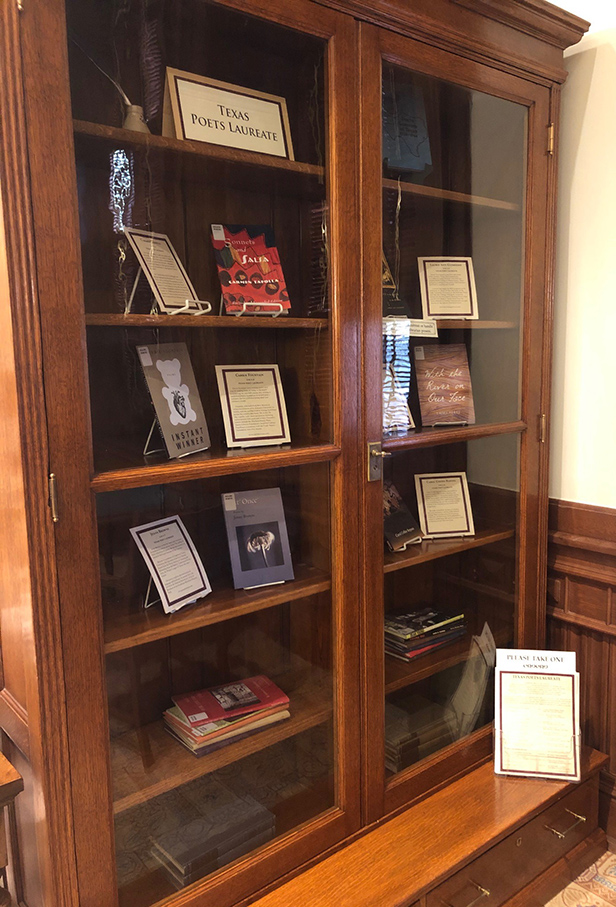On March 19, Commissioner John W. Hellerstedt, M.D., of the Texas Department of State Health Services, declared a
state of public health disaster for the entire state of Texas. The
authority to do so and explanation of what that means can be explored in the
Communicable Disease Prevention and Control Act, which is located in
Texas Health and Safety Code Chapter 81, Communicable Diseases. The legislation was enacted by
SB 1064, 68R. A few years later, the Act was added to the Health and Safety Code as part of
statutory revision. (Previously it was found in
VACS Art. 4419b-1.)
This entry was posted on March 20, 2020 at 8:30 AM and has received 1236 views.
Print this entry.


